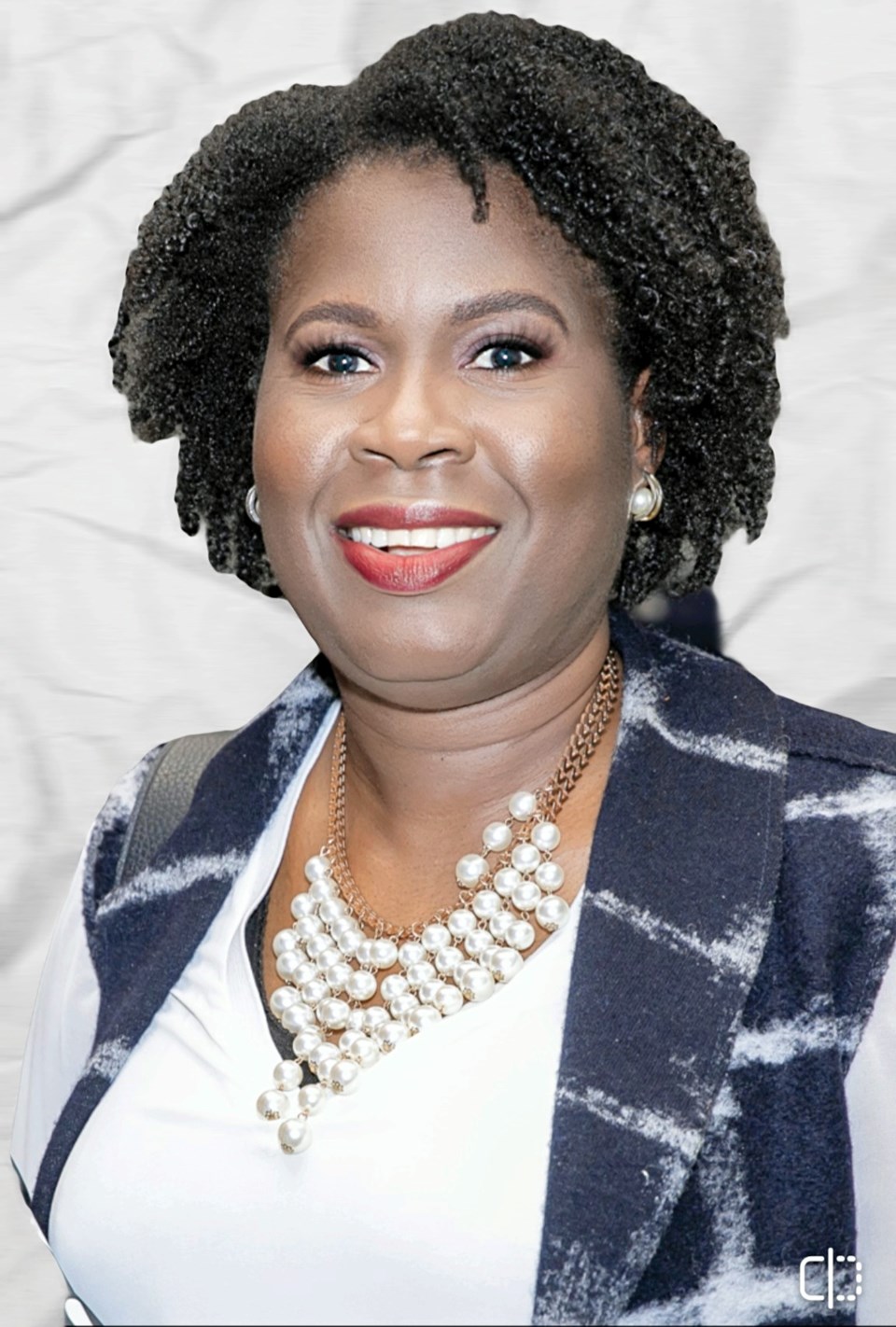All is set for the inaugural Taste of Igboland, a cultural festivity Igbos use to express their unique identity while immersing themselves in the Canadian multicultural mosaic.
The Igbo Cultural Association of Edmonton (ICAE) founded in 2002, is a non-profit dedicated to preserving the heritage of Igbo (pronounced Ibo) people. Taste of Igboland is one of many events hosted in the Edmonton Metropolitan area. The bash is booked at the Arden Theatre for Saturday, June 24.
“At ICAE we have 400 registered Igbo. We get together and support each other and maintain our culture,” said Adaobi Okeke, committee chair for Taste of Igboland.”
The three-hour event is essentially a parade showcasing the vibrancy of Igbo culture and heritage. Highlights include an educational talk, dances, a masquerade, a choir and a sampling of Igbo cuisine.
Igbo territories are in southeastern Nigeria on both sides of the Niger River. During the European slave trade, Igbo were shipped to colonies where a large diaspora grew in Jamaica, Cuba, Barbados, Haiti, Trinidad-Tobago.
After decolonization in Nigeria, Igbos developed a strong sense of ethnic identity and during the Nigerian Civil War of 1967 to 1970, Igbo territories attempted to form their own country known as the Republic of Biafra. Nigeria retaliated by forming a complete blockade whereby two million civilian Biafrans died of starvation and Biafran forces surrendered.
Despite the crushing hardships Igbo have faced, there remains a dogged resilience and deep pride in their heritage.
“The Igbo culture is one that is very democratic. The main difference between Igbo and Nigeria is that Igbo don’t have a king. When we had a colonial past we had a king, but Igbo is ruled by a group of elders. We are more democratic involving others,” Okeke said.
She states that the Igbo ethnic group similar to all Nigerian states is patriarchal.
“In Igbo, even though it is patriarchal, a woman can be in charge of money. She can take a leadership role. Women are in power. They engage in trade and politics. Men are the heads of state, but women make a lot of decisions about what happens in the community.”
The event’s artistic segment launches with five costumed ethnic dances.
“Due to migrations where people moved to different states, each migration brought about a little change. So, the dances will be slightly different.”
She adds, the dance segment will also feature two contemporary free-style dances.
“We want to encourage the younger ones and people not immersed in the culture to appreciate it.”
The evening’s masquerade performed by men welcomes ancestral spirits to the celebrations.
“It represents persons and the spirit world. It signifies a gathering of people together. There is a connection between the human and spirit world whenever Igbo people gather.”
The event also features a choir whose songs spotlight the beauty and heart of Igbo culture.
“We expend our emotions through song and when the choir sings Igbo songs, it is very special.”
Once theatre-goers leave the event, they will be presented with food boxes containing 16 samples of Igbo cuisine, much of it centred around traditional yam.
“We thought it would be nice to support Igbo people. At the same time, we wanted to reach the mainstream community. This is about telling the larger community who we are and this is our culture. It’s about sharing knowledge, experience and education. In a way, it helps create understanding between people, and it helps people see more similarities than differences.”
Taste of Igboland is on Saturday, June 24 from 4 p.m. to 7 p.m. Tickets are $10 online at tickets.stalbert.ca or at 780-459-1542.




